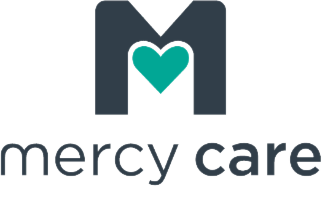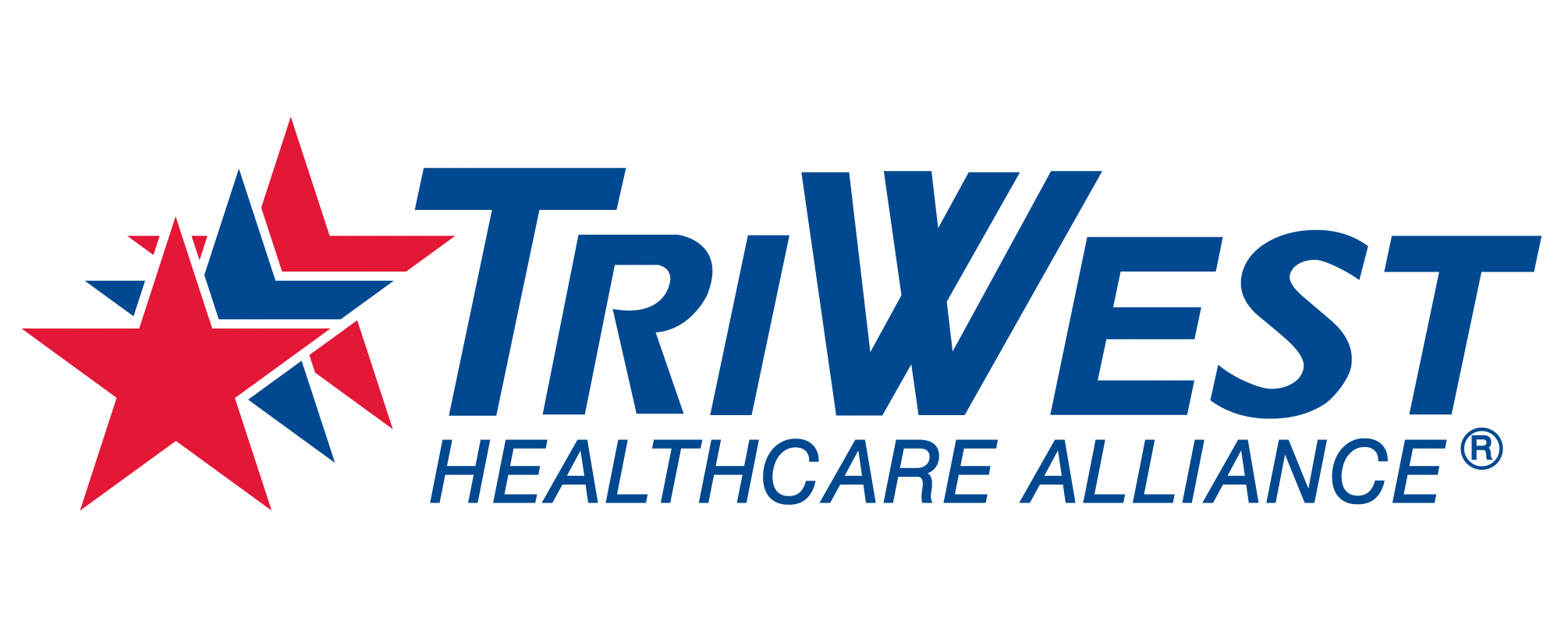Are you worried about falling into a drug relapse this holiday season?
There’s no denying that the holidays can be a stressful and isolating time of year. In fact, approximately 20 percent of people report feeling “overwhelmingly stressed” during the holiday season.
While the holiday season can be stressful enough for the average person, this stress is further intensified for those recovering from addiction.
To cope with the holidays, many addicts rely on their chosen substance to help cope with their stress. However, with the right tools in place, the holidays don’t have to be a time to stress or worry about your addiction.
If you’re looking for the best ways to hold onto your sobriety this holiday season, you’ve come to the right place.
We’re outlining eight proven strategies that are designed to help those suffering from addiction during the holiday season. These strategies are bound to help minimize stress, manage triggers and avoid drug relapse.
1. Begin Each Day with a Plan
For many addicts, the path to sobriety is best taken one day at a time.
For this reason, it’s essential for addicts to begin each day with a detailed plan. While this is important year-round, it’s especially important during the holidays. This is due to the fact that the holidays often entail social events which may work as a trigger.
Having a pre-determined plan can help to make you feel more confident in your abilities and your choice to continue on the path to sobriety.
2. Determine Your Levels of Risk
During the holidays, it’s important to pre-determine the risk that may present itself throughout your days.
To help fight against this risk, determine situations that are bound to create a risk to your sobriety. From here, determine the level of risk that may result from such a situation. Rate these levels of risk in terms of low risk, medium risk and high risk.
For the scenarios that are low risk, created a detailed plan for how you will succeed against this risk. Remember, a typical drug craving only lasts fifteen to twenty minutes. Remind yourself to consider this fact when a craving presents itself during a time of risk.
For situations that rate as a medium to high risk, these scenarios may be best avoided for the time being.
3. Find Your Substitute
For addicts, it’s essential to find a substitute to help you get through the social events and the general stress of the holiday season.
For social outings, be sure to always bring a substitute that is going to help you get through the night. In these situations, it’s always best to know what you’re going to eat and drink beforehand.
For stressful situations, commit to an activity or outing that is going to help manage the stress. For many, this may include exercise, meditation or time spent in nature.
4. Stay Active
The plentiful benefits of exercise for addicts is something that we hear time and time again.
While the concept of exercise is so simple, there’s a reason that the push for exercise is so continually preached. The truth is, exercise is one of the best ways to avoid and overcome drug and alcohol cravings.
When exercising, the mind releases endorphins that create feelings of happiness. Similar to the high of a drug, these endorphins make us feel better and encourage a positive mood.
These feelings make it easier to distract our mind from substance cravings and focus our attention elsewhere. Exercise also puts us in touch with our physical body and how beneficial it feels to take care of our body and mind.
5. Understand and Avoid Your Triggers
The best way to avoid cravings is to understand your triggers. Depending on where you are at in your recovery timeline, there are different strategies to employ.
If you are still at the beginning stage of your path to recovery, it’s best to avoid these triggers in the first place. This could include anything from an open-bar social event to high-stress people or situations.
For those that are more advanced in their recovery, it’s best to create a plan for when you eventually face these triggers. Be prepared to experience cravings when in a triggered situation, and decide how you will best overcome these cravings.
6. Team Up
The holidays are also a notorious time for causing feelings of loneliness. In experiencing these feelings of isolation, some may be tempted to feed their addiction to achieve a short-term high.
To resist the potential for loneliness, team up with friends and family. It might be beneficial to let friends and family know ahead of time that you will be in need of their utmost support and friendship during this time.
7. Continue with Your Meetings
The holidays are a time where addicts will need support more than ever.
Because holidays typically involve travel and long stints away from one’s home grounds, it can be easy to stray from your meeting schedule. Unfortunately, once an addicts routine is even slightly altered, it can lead to a higher potential in indulging in their substance of choice.
To counteract this, make a plan ahead for time for how to keep up with your meeting schedule. While it may be difficult to find meetings in your traveled areas, AA is a global organization with meeting spots all over the world.
If this isn’t possible, opt for a phone meeting with a sponsor or an addiction support line.
8. Practice Your Story
The holidays are a classic time for seeing family and friends you may not have seen for years.
The best way to minimize the nerves of seeing these family and friends as the “new you” is to practice your story beforehand. Outline how you are going to explain to those family and friends that your chosen substance is no longer a part of your life.
If you’re not yet ready to let family and friends into your recovery story, use a strategy to turn down the potential for any offerings. Common strategies include being on medication, feeling unwell, or simply taking a break and focusing on your health.
Avoiding Drug Relapse During the Holidays
Whether you’re only a few days into your recovery or a few years, the holidays can present themselves as a difficult time for your addition.
With the many social events and time spent time with family and friends, the stress of the holidays can be triggering for addicts.
Fortunately, there are strategies in place that are specifically targeted for battling cravings and resisting drug relapse. This can be anything from creating a detailed plan and determining your triggers to arranging alternate meeting plans and practicing your story.
Overcoming an addiction is never easy, but with the right strategies in place, it’s always possible.
To learn more tips for staying on the path to recovery, be sure to continue browsing our blog!







